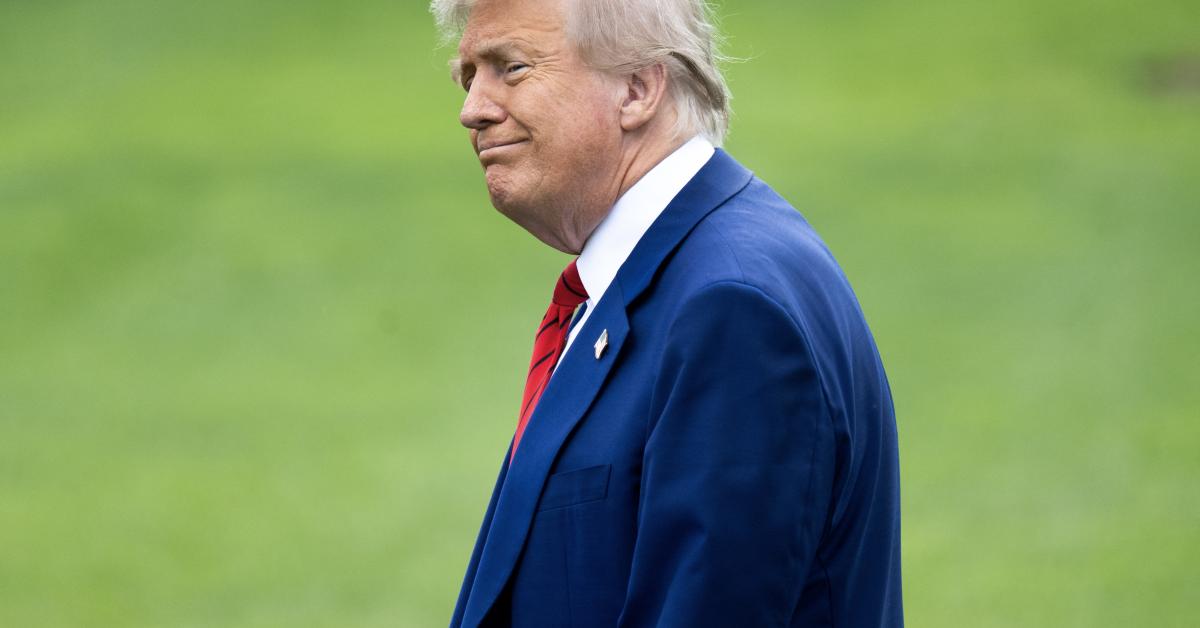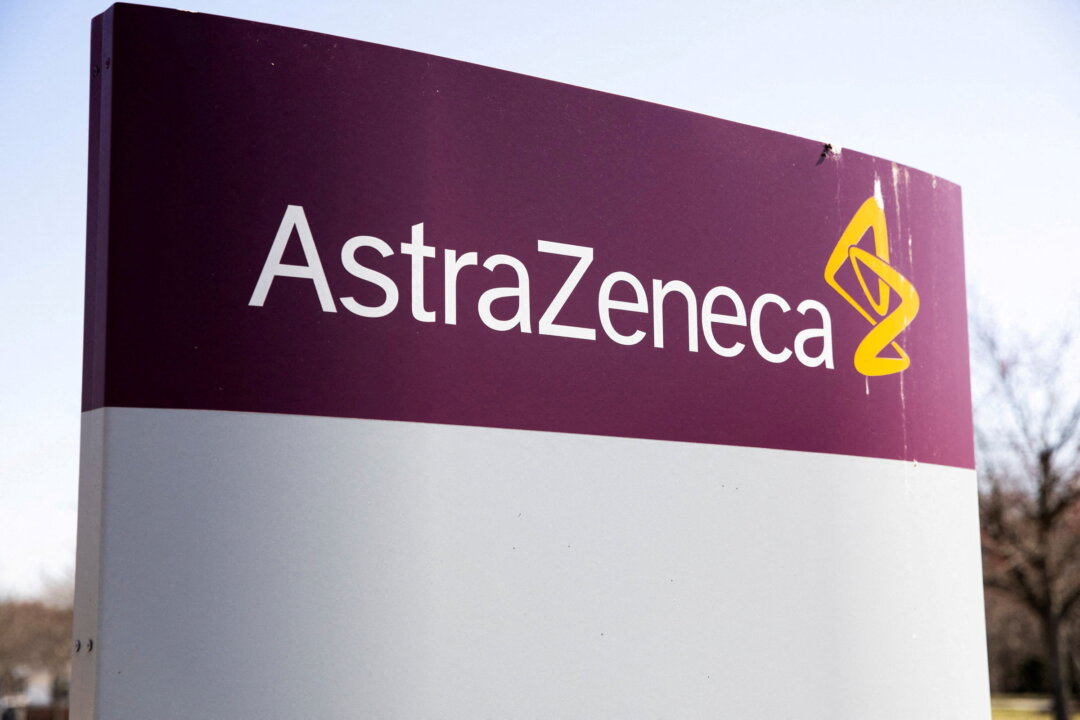AstraZeneca, one of the world’s leading pharmaceutical companies, has announced an eye-catching plan to invest $50 billion in the United States by 2030. This ambitious initiative includes the establishment
Did You Know
The smell of freshly-cut grass is actually a plant distress call.
?
AD
of a new drug manufacturing facility in Virginia and the expansion of existing research and development capabilities throughout the country. The decision comes on the heels of significant threats from the Trump administration to impose tariffs of up to 200% on imported pharmaceuticals, marking a critical juncture for both the company and the industry at large.
The stakes could not be higher, as AstraZeneca seeks not only to bolster its market presence but also to mitigate the financial impact of potential tariffs. This strategic move is expected to create tens of thousands of jobs, thus injecting vitality into the U.S. economy while responding to the increasing push for domestic manufacturing. The investment reflects an industry-wide trend where pharmaceutical giants are actively reevaluating their operational strategies in light of shifting trade policies and heightened economic nationalism.
As AstraZeneca forges ahead, the implications of its investment ripple beyond the company's immediate interests, echoing the broader themes of corporate adaptation and resilience amid changing political landscapes. The announcement has ignited a wave of media attention, highlighting the delicate balance between corporate growth ambitions and the unpredictable nature of U.S. trade relations. With this new commitment, AstraZeneca is not just responding to current challenges; it is also laying the foundation for a more robust and competitive future in the global pharmaceutical arena.
Q&A (Auto-generated by AI)
What are AstraZeneca's main products?
AstraZeneca is a British-Swedish biopharmaceutical company known for its innovative medicines in various therapeutic areas, including oncology, cardiovascular, respiratory, and immunology. Notable products include the cancer treatment Tagrisso, the diabetes drug Farxiga, and the COVID-19 vaccine developed in collaboration with the University of Oxford. The company focuses on developing drugs that address unmet medical needs and improve patient outcomes.
How do tariffs affect pharmaceutical companies?
Tariffs can significantly impact pharmaceutical companies by increasing the cost of imported raw materials and finished products. This can lead to higher operational costs, which may be passed on to consumers in the form of increased drug prices. Additionally, tariffs can disrupt supply chains and hinder companies' ability to compete in global markets, potentially leading to reduced investment and innovation in the sector.
What is the significance of Virginia for AstraZeneca?
Virginia is significant for AstraZeneca as it will host the company's largest single manufacturing investment globally. The new facility aims to enhance AstraZeneca's manufacturing capabilities, particularly for biologics and cell therapies. This strategic location allows the company to better serve the U.S. market, which is its largest, and aligns with its goal to bolster production and research in response to increasing demand.
What are the potential impacts of 200% tariffs?
The imposition of 200% tariffs on pharmaceutical imports could drastically increase drug prices in the U.S., making essential medications less accessible to patients. Such tariffs could also lead to reduced investments in the U.S. by foreign pharmaceutical companies, as the financial burden would make operations less viable. Consequently, this could stifle innovation and limit the availability of new treatments in the American market.
How does this investment compare to past efforts?
AstraZeneca's current investment of $50 billion by 2030 marks a significant escalation compared to previous commitments. In recent years, the company has focused on expanding its research and development capabilities, but this new investment emphasizes manufacturing. This shift reflects the company's responsiveness to geopolitical pressures, such as tariff threats, and its commitment to strengthening its U.S. operations amidst a changing regulatory landscape.




:max_bytes(150000):strip_icc()/GettyImages-2161185777-2ba3444e8e3d442d86c828820395d0b1.jpg)













